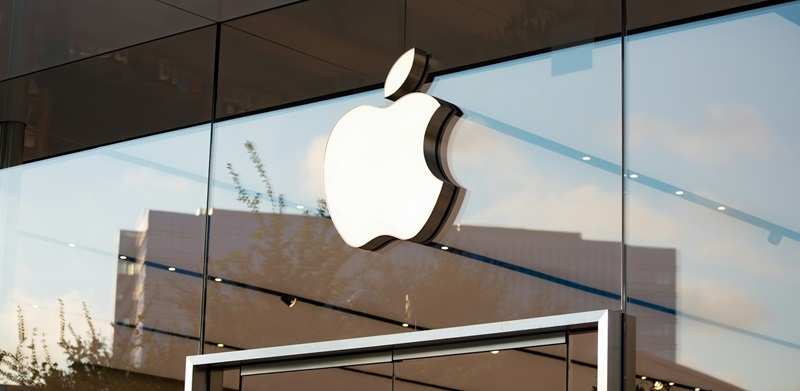Apple’s drive for technological innovation continues as reports emerge of the tech giant’s discussions with TSMC about its next-generation 2nm technology. TSMC is already the exclusive supplier of chips for Apple’s products, and this new development highlights the companies’ ongoing partnership and Apple’s commitment to pushing the boundaries of chip manufacturing.
Apple’s exclusive partnership with TSMC
With its sizable account, Apple enjoys certain privileges when it comes to working with TSMC. Currently, Apple is the sole recipient of TSMC’s most advanced node, using its cutting-edge 3nm technology. This privilege grants Apple a competitive edge over others, as competitors typically have to wait in line to access TSMC’s advanced processes, further cementing the close collaboration between the two companies.
Future plans for 2nm production
Looking ahead, Apple and TSMC are reportedly already planning for the future by discussing the production of 2nm chips, expected to begin as early as next year. However, this ambitious timeline could pose challenges for Apple’s launch plans if TSMC fails to meet its target. A delay in 2nm production could potentially impact Apple’s product release schedules and create a ripple effect throughout the industry.
Apple’s fallback option for 2024 products
In the event that TSMC cannot deliver 2nm technology in time for Apple’s 2024 product lineup, Apple may have to resort to using a second-generation 3nm process. While still an advanced technology, this fallback option would require Apple to make adjustments to its design and development strategies. It underscores the importance of timely production capabilities and the potential uncertainties surrounding the readiness of 2nm technology.
TSMC’s new variants of 3nm
While Apple and TSMC collaborate on 2nm, TSMC has been actively developing and producing several new variants of its 3nm technology. These include N3E, N3P, and eventually N3X, each offering specific improvements in performance and efficiency. By expanding its offerings with these variants, TSMC aims to cater to a wider range of customer demands and stay at the forefront of chip manufacturing.
Transition to Gate-All-Around (GAA) Nanosheet Transistors
The transition to 2nm technology goes beyond TSMC’s previous FinFET architecture, as it introduces the use of gate-all-around (GAA) nanosheet transistors. This move represents a significant milestone in semiconductor technology and offers potential benefits in terms of power efficiency and performance. Apple’s collaboration with TSMC on this front suggests its commitment to enhancing the capabilities of its future devices.
Intel’s Potential Competition with 2nm 20A Process
While TSMC and Apple explore the possibilities of 2nm technology, Intel is not far behind in the race for advanced chip production. Intel’s 2nm 20A process is expected to leapfrog TSMC’s 2nm offering, potentially opening the door for Apple to consider switching foundries. Intel’s determination to reclaim its position at the forefront of process technology, coupled with its confidence in its roadmap, presents an interesting scenario that could impact Apple’s choice of manufacturing partner.
Intel’s confidence in its process technology roadmap
Intel’s aspirations to regain its leadership in process technology are evident in its confidence in its roadmap. The company’s focus on advancing to 2nm and beyond showcases its determination to remain competitive. With Apple’s emphasis on cutting-edge technology, Intel’s advancements could potentially sway Apple’s considerations when it comes to selecting a foundry partner for its future chip manufacturing needs.
Apple’s ongoing discussions with TSMC about next-generation 2nm technology highlight the company’s commitment to technological advancement. While Apple currently benefits from its exclusive partnership with TSMC for 3nm production, the potential inclusion of 2nm technology poses unique challenges. TSMC’s ability to meet production targets will play a crucial role in determining the trajectory of Apple’s product releases. Meanwhile, Intel’s ambitions to surpass TSMC in process technology offer Apple another potential avenue to explore. The dynamic landscape of chip manufacturing continues to evolve as industry leaders strive for innovation and endeavor to maintain their positions at the forefront.

